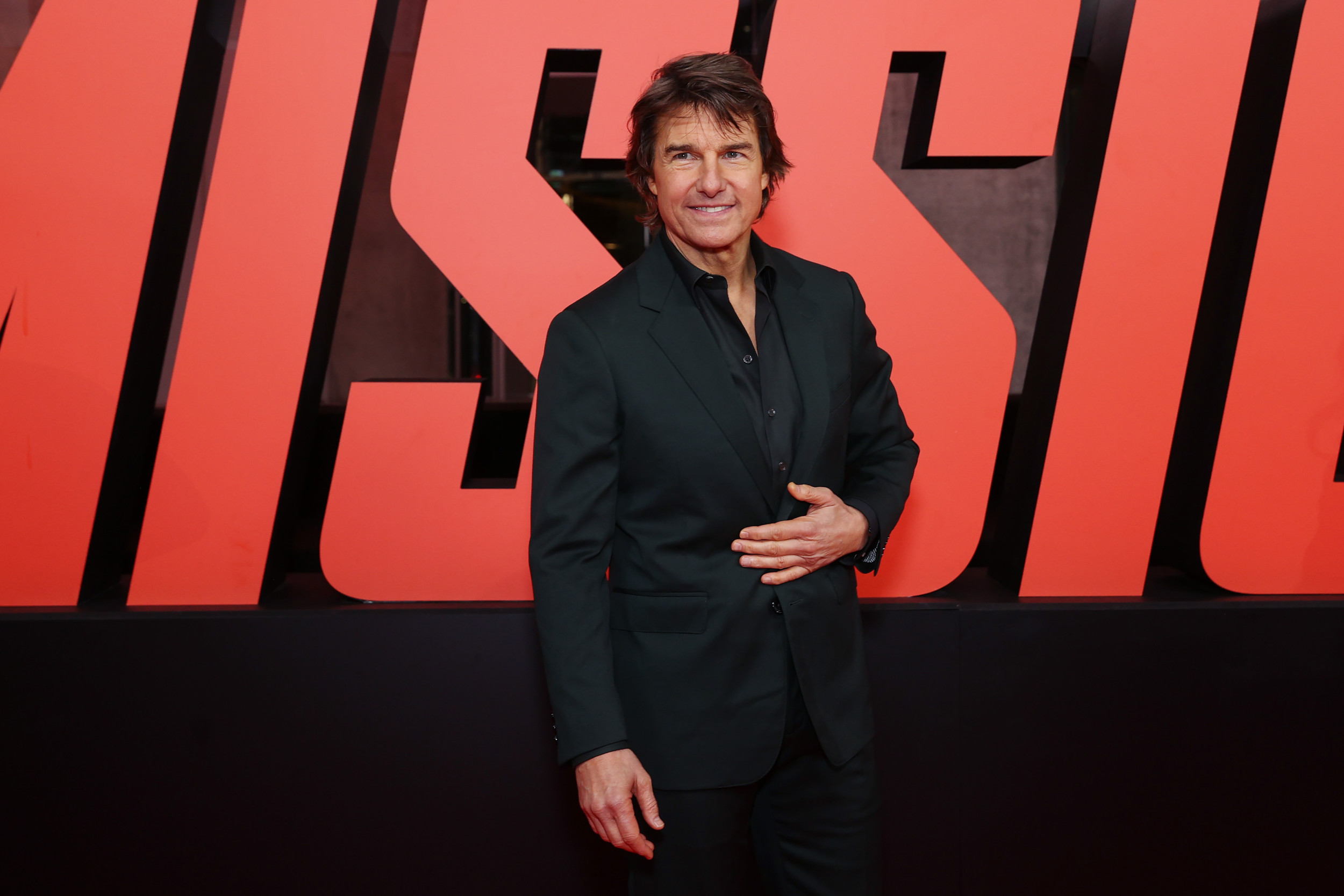This is a pivotal moment for our planet. People who believe incorrectly that climate change is a "hoax," or at best minimize its dangers, will soon control all three branches of the federal government. They represent the interests of the billionaire class, and they plan to expand oil and gas production and dismantle the delicate agencies working to slow irreversible planetary overheating.
Two weeks ago, the latest UN climate meeting, COP29, went down in history as yet another dismal failure, swarmed by fossil fuel lobbyists and led by corrupt fossil fuel insiders. The fossil fuel foxes are guarding the climate henhouse, both in the United States and internationally. And what our nation has tried to stand for—freedom and democracy, a haven for immigrants, a bulwark against fascism—will soon fundamentally change.
Given these converging tidal waves of climate horribleness, why should you care about a small bit of climate horribleness currently happening at the world's biggest climate science conference? The American Geophysical Union has a long history of taking fossil fuel money, and has not pledged to stop. Furthermore, there is a marked lack of transparency about how much fossil fuel money they are currently taking. The AGU's cowardly compliance with the wealthy industry that's knowingly destroying our planet is representative of most institutions and individuals around the world, and it's a key reason why humanity is failing so badly to stop climate change.

The AGU's annual meeting occurs every December. It draws more than 25,000 attendees, many of them climate scientists like myself. All this week, I've been drinking from a firehose of presentations and discussions about our overheating and dying planet. The meeting consists of tens of thousands of presentations with graphs and maps detailing how the Earth is heating up and melting and changing and dying most everywhere we look, often faster than previously expected.
If there's one fact about climate change that everyone should know, it's that fossil fuels are the main cause. And if there's one fact about the fossil fuel industry that everyone should know, it's that their executives and lobbyists have systematically engaged in deception and worked strategically to block climate action in order to keep their profits flowing as long as possible. And they have told us in no uncertain terms that they intend to continue their deception.
Given all this, it's remarkable that the largest professional society of climate scientists in the world still refuses to distance itself from the dishonest, anti-science people causing climate destruction. When I went to my first AGU meeting more than a decade ago, I was dismayed at their annual tradition of hosting an "ExxonMobil breakfast" for graduate students. I wasn't the only one: there was a push by scientists to end the Exxon breakfast in 2016. The AGU board was stunningly disingenuous in response, claiming in a statement that "It is not possible for us to determine unequivocally whether ExxonMobil is participating in misinformation about science currently, either directly or indirectly," despite a high-profile story in 2015 that ExxonMobil had known about climate change and spread misinformation for decades.
At the AGU meeting a year ago, I convened a town hall discussion to revisit this. The session was packed. The audience included many young scientists dismayed by the AGU's unethical and anti-science pro-fossil-fuel stance. Three of the other panelists and myself asked the AGU to stop taking fossil fuel money and to officially state the simple truth of fossil fuel industry deception. The non-profit group Scientist Rebellion, which includes scientists who are AGU members, created a sign-on letter for scientists to pressure the AGU to respond.
Those with the most wealth and power in our society continue to take us further down the road to climate disaster. This means that no one can save us but ourselves. But saving ourselves requires resistance, not compliance.
What does resistance look like?
Last Friday, just before the AGU meeting started, the tiny town of Carrboro, North Carolina, announced that it was suing the giant gas and electric utility Duke Energy. Just like the Exxons and Chevrons and Shells, Duke engaged in a half-century of well-documented climate deception, and Carrboro is suing for climate damage caused by this deception. Carrboro Town Hall is 10 minutes from my house, so I headed over for the press conference. Afterward, I stuck around to celebrate with Carrboro's mayor, some of the city council members, and the activists who helped bring the suit. They are all warm and courageous people, but they're also everyday Americans. I felt proud to be with them and share their joy. What could happen if towns all over the U.S. sued fossil fuel corporations over their well-documented deceptive practices? What could happen if individuals and institutions everywhere, instead of wilting, started to say "enough"?
It has been a few days since that party in Carrboro, and now I'm at the AGU meeting. For many, it's a big science party. While I love connecting with my colleagues, for me the AGU is also a surreal ritual witnessing of a planet dying in real time, and I dread it. Ending my dread will require stopping this fossil-fueled planetary overheating, but I'd dread this meeting a little less, at least, if I could be proud of my organization instead of feeling ashamed of it. I hope the AGU decides to cross over to the right side of history by publicly pledging to not take fossil fuel money, and to publicly acknowledge the industry's dishonesty and culpability in the planet-scale destruction of Earth's climate. Until then, the AGU ought to be ashamed of itself.
Dr. Peter Kalmus is a climate scientist at NASA studying future extreme heat impacts on human health and ecosystems, speaking on his own behalf. He is also a climate activist and the author of Being the Change: Live Well and Spark a Climate Revolution.
The views expressed in this article are the writer's own.




















 English (US) ·
English (US) ·